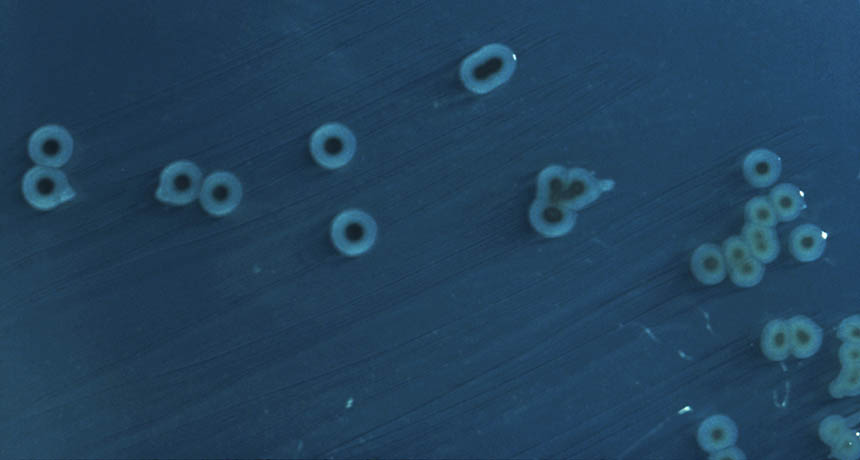Why salmonella doesn’t want you to poop out

Salmonella interferes with losses in appetite because more food means more poop, which means more salmonella.
CDC

Salmonella interferes with losses in appetite because more food means more poop, which means more salmonella.
CDC